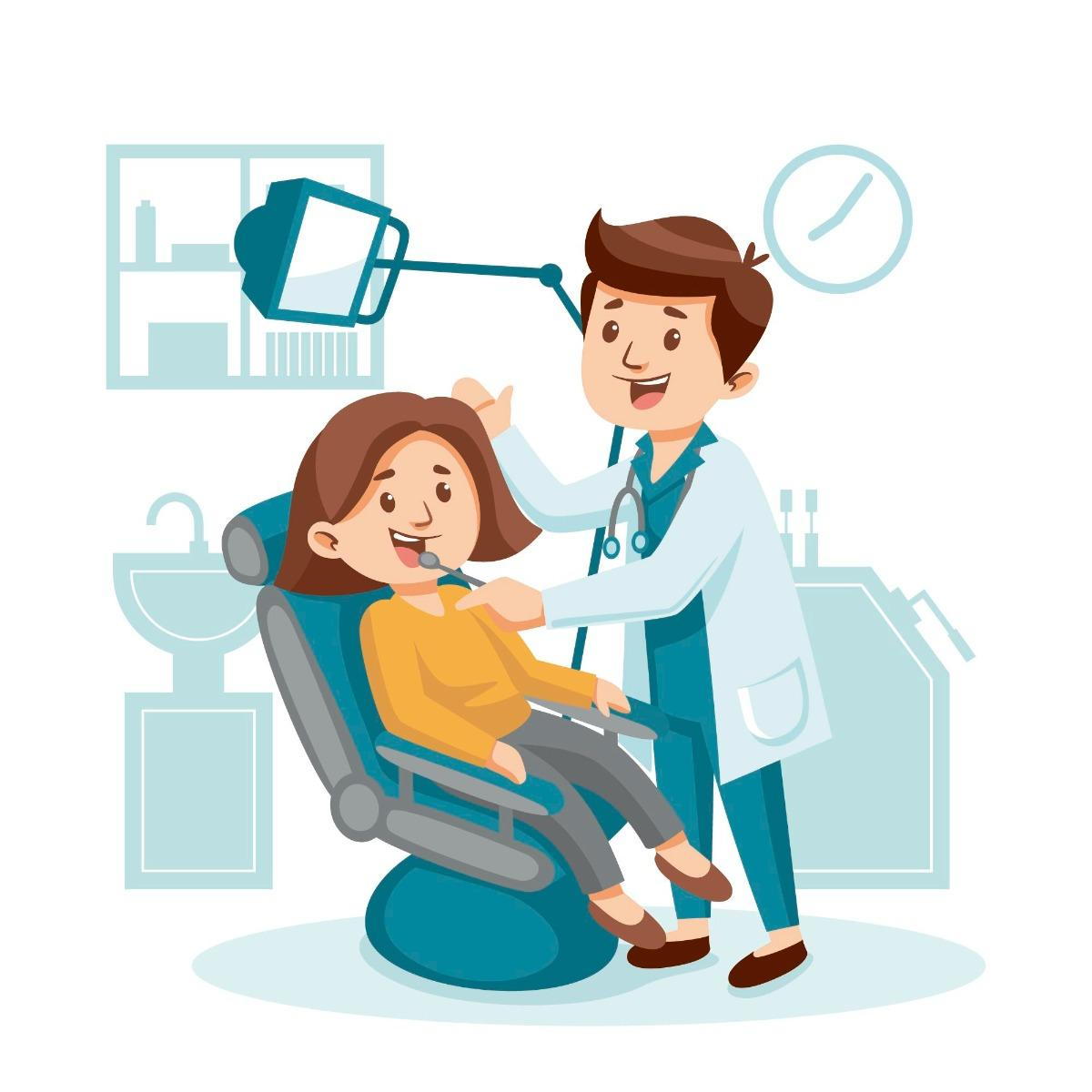
Maintaining good oral health is essential for a beautiful smile and overall well-being. One critical aspect of oral care is regular dental check-ups. But how often should you visit the dentist to keep your pearly whites in top shape? In this blog, we'll break down the recommended frequency of dental visits and why they're so crucial.
The Importance of Regular Dental Check-Ups
Before we dive into how often you should see the dentist, let's understand why these visits are vital.
Early Detection
Early diagnosis of dental problems is made possible by routine dental examinations. This covers oral cancer, gum disease, and cavities. Early detection can save you from painful treatments and high dental bills.
Oral Hygiene Guidance
Dentists offer guidance on maintaining proper oral hygiene. They can suggest the best techniques for brushing and flossing and recommend suitable oral care products.
Customized Care
Dental check-ups are tailored to your specific needs. Your dentist will address your unique oral health concerns and provide solutions that work for you.
Recommended Dental Visit Frequency
Twice a Year
For most individuals, visiting the dentist every six months (twice a year) is the standard recommendation. This schedule is ideal for maintaining good oral health and catching issues early.
More Frequent Visits
If you have specific oral health issues or are at higher risk for dental problems, your dentist may recommend more frequent visits. This could be every three to four months. High-risk factors may include:
- Smoking
- Diabetes
- Gum disease
- Weak immune system
- History of cavities or gum disease
Less Frequent Visits
On the other hand, your dentist may recommend yearly examinations if you have good oral health and a low risk of dental problems.
Children
It's important for kids to start early. It is advised by the Dental Association that children see a dentist no later than their first birthday, but no later than six months after their first tooth erupts. Afterward, regular visits can be scheduled every six months unless the dentist advises otherwise.
Signs You Should Visit the Dentist Sooner
Toothache
If you're experiencing persistent tooth pain or sensitivity, don't wait. This could be a sign of a cavity or a more severe issue that needs immediate attention.
Bleeding Gums
Gum bleeding during tooth brushing or flossing may indicate gum disease. It must be treated early in order to stop it from getting worse.
Mouth Sores
Mouth sores that don't heal within a week or two should be checked by a dentist. They could be a sign of oral cancer or another problem.
Persistent Bad Breath
Halitosis, or persistent foul breath, can be caused by a number of things, including cavities, gum disease, or underlying medical conditions. Your dentist can aid in determining the reason.
Broken or Loose Teeth
If you have a broken or loose tooth due to an injury or accident, seek immediate dental care. Timely treatment can often save the tooth.
Tips for Making Dental Visits Easier
Communicate Your Concerns
Let your dentist know if you're nervous. They can explain procedures, provide reassurance, and make accommodations to ease your anxiety.
Choose a Dentist You Trust
Select a dentist you feel comfortable with and trust. A good dentist will listen to your concerns and ensure you have a positive experience.
Practice Good Oral Hygiene
Taking good care of your teeth between visits will help reduce the need for extensive treatments. Brush and floss regularly, and maintain a balanced diet.
Conclusion
Regular dental visits are a vital part of maintaining good oral and overall health. For most people, twice-yearly visits are sufficient, but your dentist will determine the right schedule for your specific needs. During these visits, your teeth are cleaned and examined, and preventive care is provided. Between visits, practice good oral care habits and be mindful of your diet to keep your smile healthy and bright.
